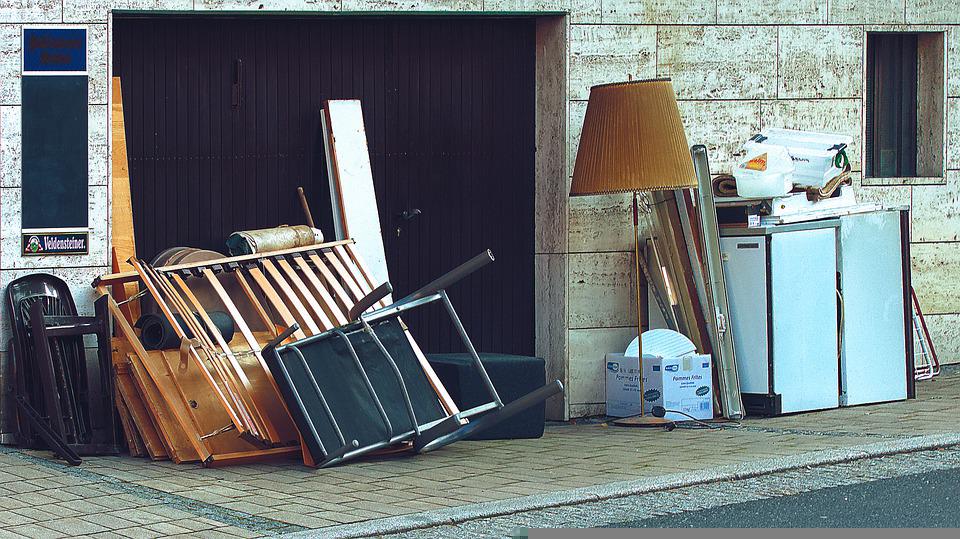
Fly-Tipping
What Is Fly-Tipping?
Fly-tipping is when householders throw away waste illegally on land without the landowner’s permission or a legal license to dump waste. Fly-tipping can cause serious environmental damage, especially if the waste is hazardous.
Fly-tipping happens in a lot of ways, from a member of the public dumping a bag to an illegitimately functioning waste company tipping a lorry load of waste. That’s why waste removal companies offer services that prevent fly-tipping waste from pathways, roadsides, local problem sites, and private land.
The illegal dumping of waste harm the environment has a harmful impact on people who come into contact with it. It’s important for the waste to be removed safely and professionally.
Effects of fly-tipping.
Fly-tipping affects humans’ and animals’ health, harms the environment, and also causes economic consequences. Landfills are planned to contain waste and its consequences from penetrating the environment, but fly-tipping do not typically include the same protections. Because of this, fly-tipping may lead to pollution of the surrounding environment.
Moreover, fly-tipping places that catch fires can cause pollution to the air with toxic units. Environmental pollution as a result of fly-tipping causes short-term and long-term health concerns.
Short-term health issues include asthma; stress and anxiety; headaches, dizziness, and nausea; and eye and respiratory infections.
Long-term health issues include cancer and kidney; liver; respiratory; cardiovascular; brain illnesses.
Fly-tipping also can attract insects. Tires, for instance, a material that is often illegally disposed of as most cities prohibit their disposal in landfills, afford an ideal background for mosquitos because of motionless water collected within. Mosquitoes transfer life-threatening diseases, such as encephalitis and West Nile virus, to humans.
Materials disposed of in illegal dumps, specifically tires and electronic waste, are inflammable. Outbreaks of fire at fly-tipping sites can lead to forest fires, causing erosion and destroying habitat.
Fly-tipping is a problem because
Fly-tipping is a threat to humans and wildlife, harms our environment, and spoils our enjoyment of our cities and landscapes.
Fly-tipping weakens genuine waste businesses where illegal operators challenge those operating within the law. All at once, the reputation of legal operators is undermined by rogue traders.
On the other hand, it affects local environment quality, because areas that have frequent fly-tipping may suffer decreasing property prices and local businesses may suffer as people stay away.
How to prevent fly-tipping?
Fly-tipping often happens as a result of people trying to avoid paying and hiring companies to have the waste handled by licensed and qualified waste providers who can be disposed of properly and refuse to handle them by themselves. Anyways, fly-tipping can even happen accidentally because most of us are not aware of waste regulations. Click here to find out more information about how can you prevent this from happening.





